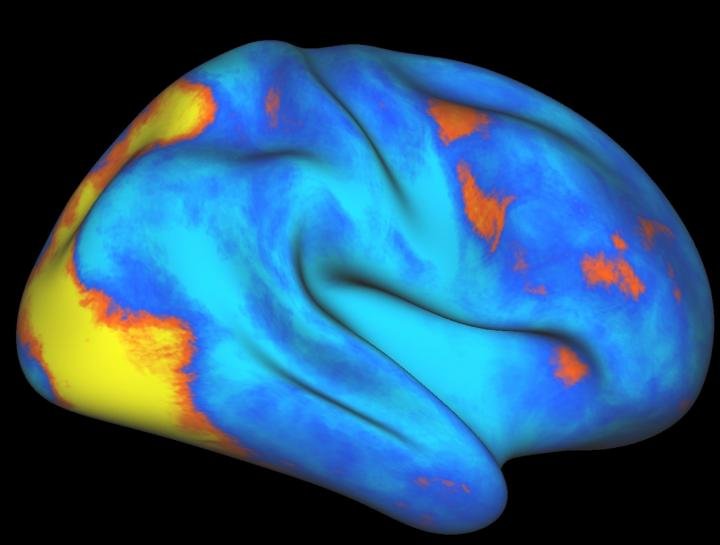
- Based on the experiments conducted by the researchers, when humans and macaques focus on the same task, more regions of the human brain are active. The finding reveals that the human attention network probably expanded over time.
- The human social world is far more complex than any of our primate relatives. It is possible this network evolved to help us understand increasingly complex social cues, such as the subtle twitch of an eyebrow, or a shift in gaze, say the researchers.
- “We were surprised by how different the macaque attention system ended up being in some very fundamental ways,” says Gaurav Patel, a neuroscientist at Columbia University and a co-author of the study. “This really points to how unique the human brain is.”